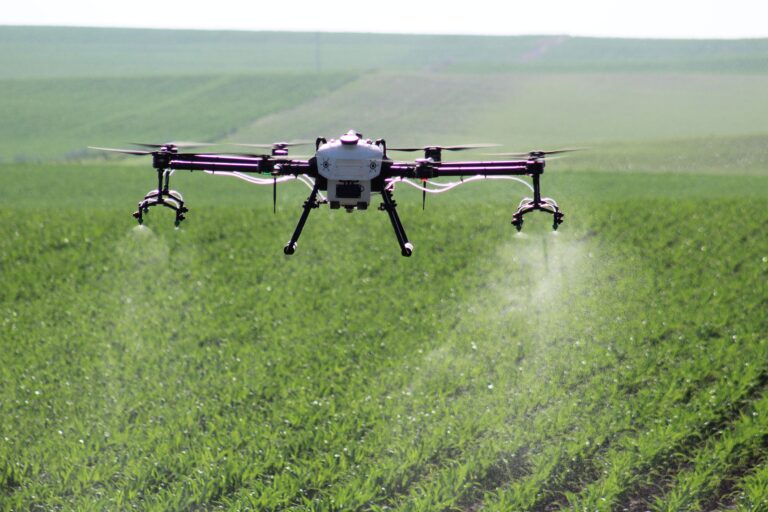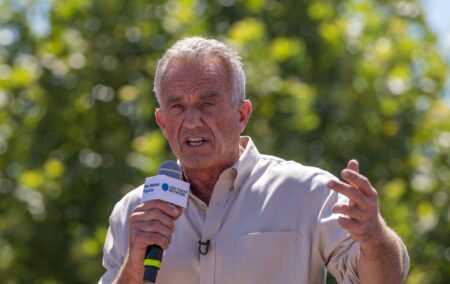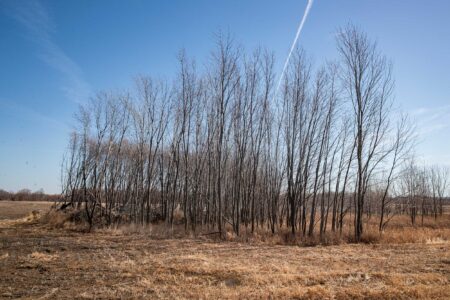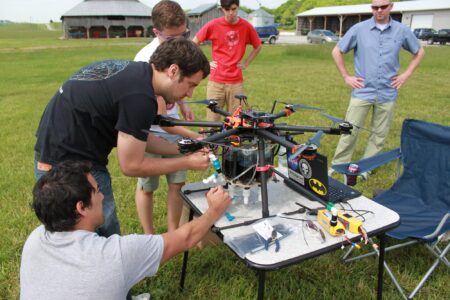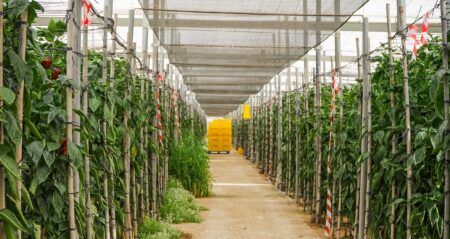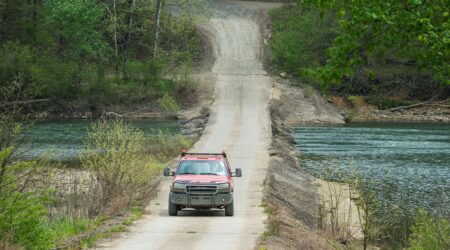Do you own a drone? If yes, the odds that it was made by DJI are high — the Chinese-based company is the dominant presence in the drone sector, accounting for about 80 percent of all drones in the U.S. and 70 percent globally. The company supplies drones for a wide array of applications, from hobbyist photography, business logistics to deliver packages, and in the agricultural sector through spray drones.
With such a domineering presence across the board and the United States’ increasing tensions with China, DJI has long faced scrutiny over how it protects its data privacy and prevents its drones from being mishandled for military or surveillance purposes in America.
As a reflection of more Americans feeling that China’s influence is growing stronger in the world, the U.S. government has considered efforts to limit the scope of Chinese-owned organizations in the nation. Fear that DJI drones could be used in America to spy on citizens or collect sensitive information are real concerns, leading to policy efforts to address these concerns.
Last fall, Congress passed the Countering CCP Drones Act, calling for a blanket ban specifically on DJI-made drones. This was the latest in a series of political steps against DJI and other Chinese-based drone companies, which started back in 2019 in the name of national security.
Alongside the nationwide scrutiny over TikTok, which is owned by Chinese company ByteDance, the U.S. government is more wary than ever of the Chinese Communist Party influencing or accessing American’s data on a large scale.
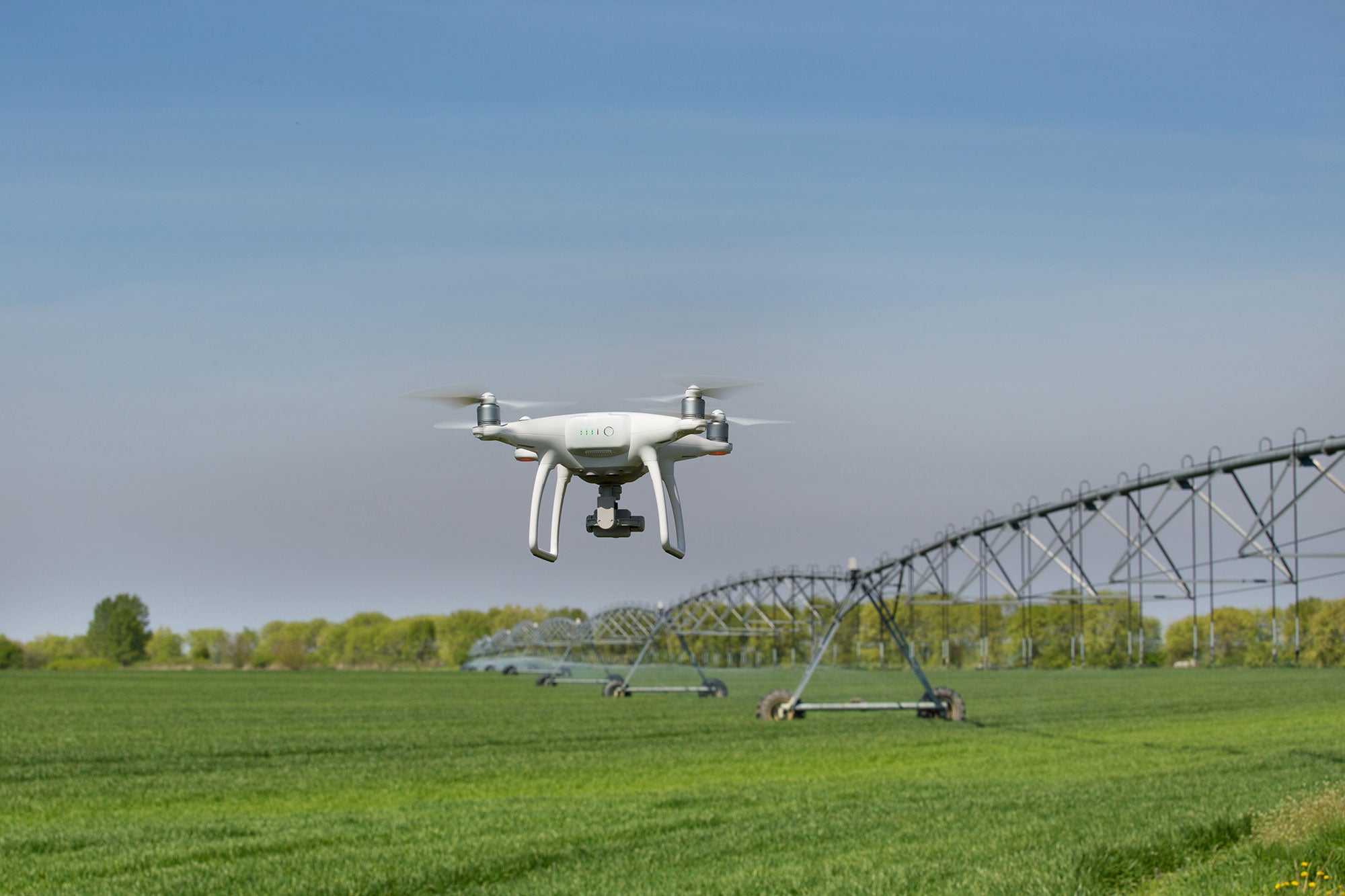
For these same reasons, politicians argue that the DJI dominance in the U.S. market is a security risk, giving the Chinese government access to U.S. citizen’s data despite multiple claims that DJI does not do so — in a statement, the company said that the moves are rooted in “baseless allegations and xenophobic fears.”
Yet an American reliance on a foreign source could also risk economic weakness, a fear that many politicians admit is a motivating factor in actively attempting to ban these drones.
After the act passed, those in the agriculture sector expressed dismay and uncertainty around a potential ban, considering that more and more acres of American farmland are being sprayed by drones annually.
In December, when the National Defense Authorization Act was finalized, DJI and its customers breathed a sigh of relief when the Countering CCP Drones Act was omitted from the final version. This means, for now, there is no blanket ban on DJI and its drone products.
However, the act does dictate a one-year deadline for DJI to work with investigative agencies to determine whether the company poses a risk to U.S. national security.
Regardless of the status of DJI drones, those in the agricultural sector are not taking their chances and are making moves to diversify and expand.
Arthur Erickson, CEO of Hylio, an American-based drone company, spoke about how the turmoil surrounding DJI is helping change the landscape of the market and give producers more options than ever.
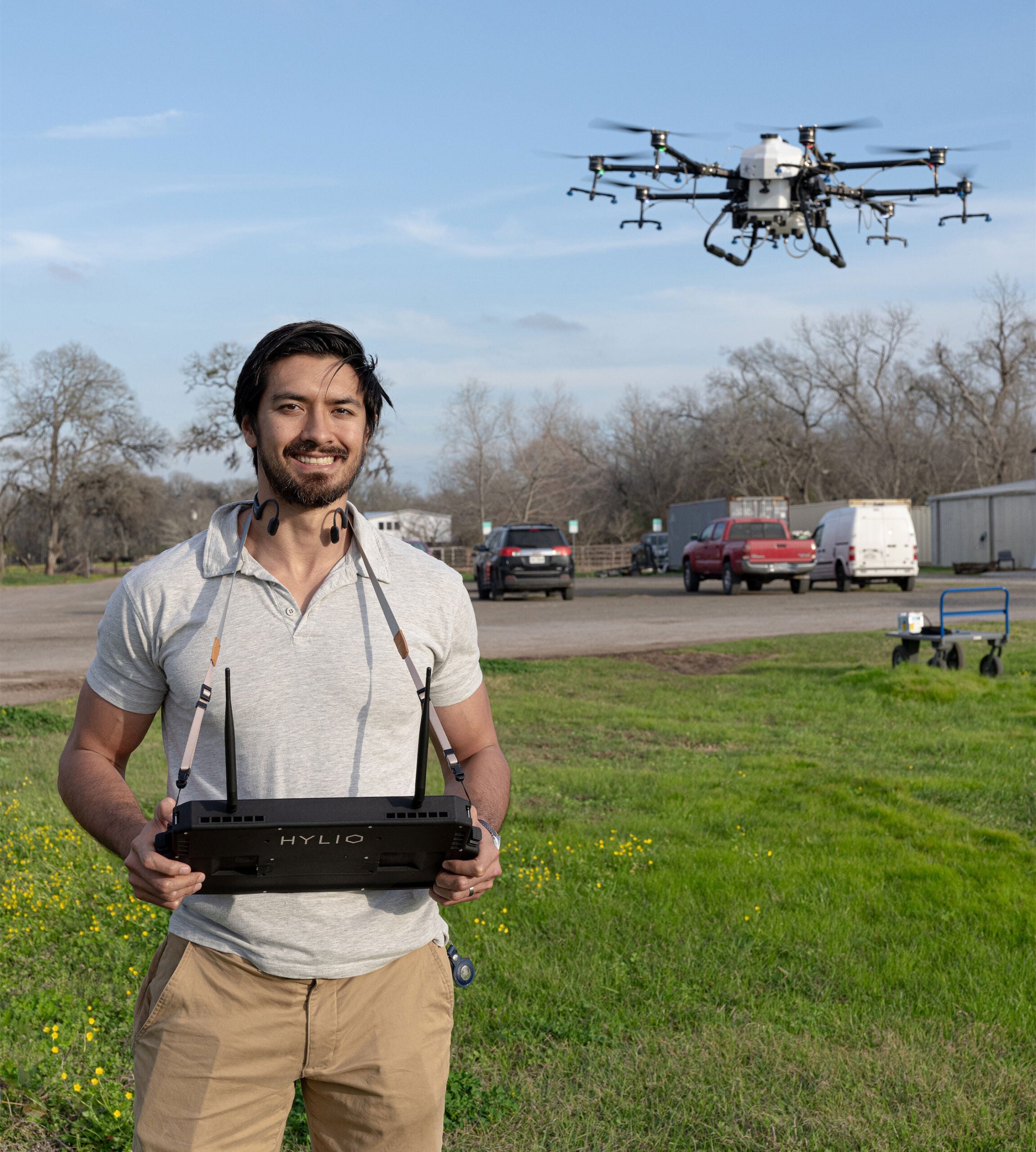

Originally started in Texas in 2015, Hylio is anticipating a surge in customers due to the volatility of DJI’s status in America.
“I’m not sure an outright ban is the approach, but I want a more level playing field,” said Erickson, who cites that with a dominant presence in the sector like DJI has, other competitors are often squeezed out.
“Lots of Chinese companies play the quantity over quality game,” said Erickson. “While [U.S. makers] can’t compare on upfront price, we can offer better intuitive usage and better customer service.”
In anticipation of a surge in demand, Hylio is expanding upon its production pipeline by investing in a U.S. manufacturing plant that will be able to produce several thousand drones per year.
Ultimately, Erickson is in support of “more choice for the American consumer” and hopes that the burgeoning domestically manufactured drone sector offers a doorway to all players.
Tom Hermann, a Missouri farmer who also runs a custom application business, is planning on building a new partnership with drone manufacturer Eavsion and expanding beyond his DJI drones.
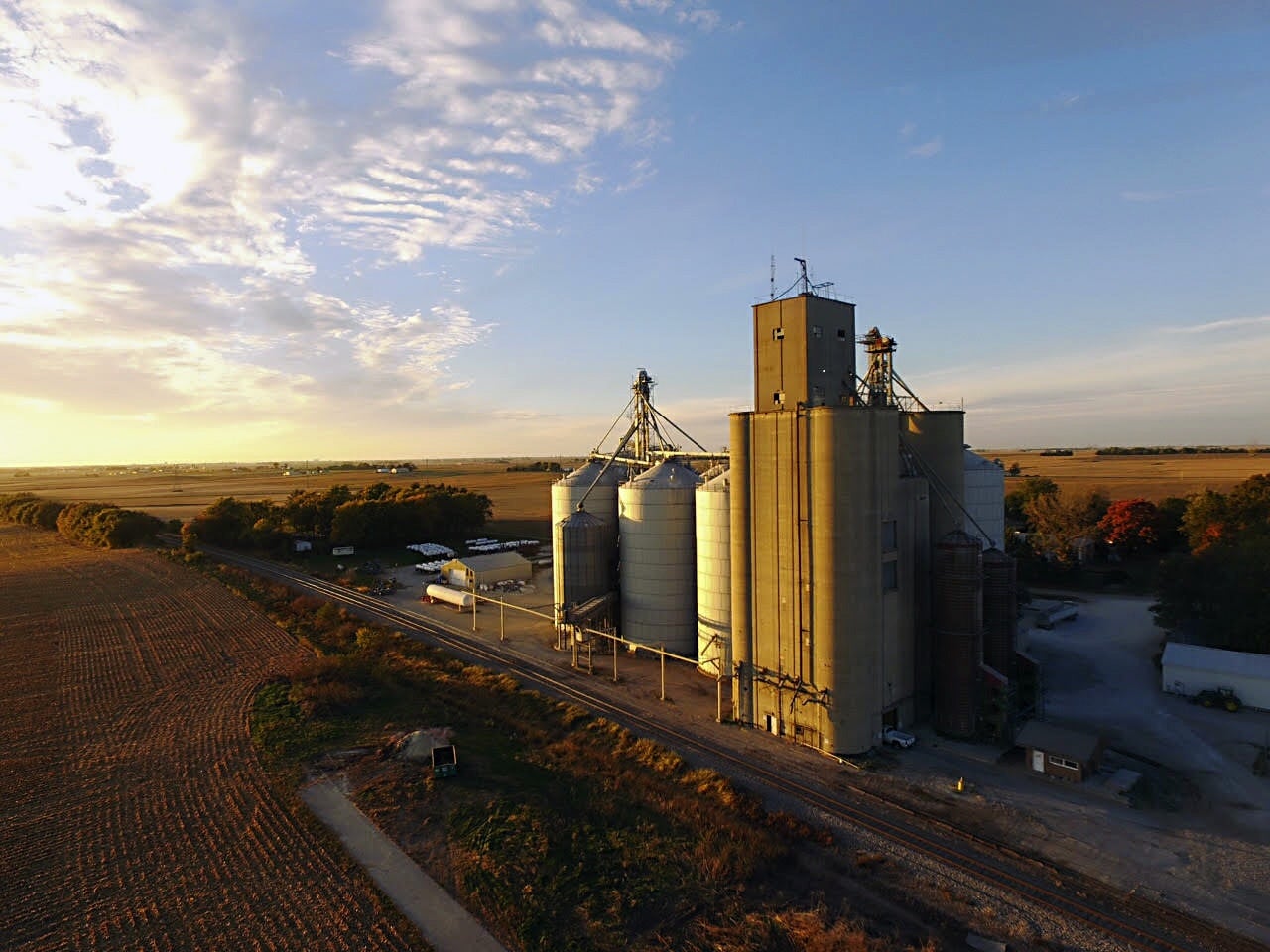

Hermann currently operates two drones from DJI, but with the precarious reputation of the company, he acknowledges that it’s time to diversify his operation.
“We loved what DJI had to offer but we were never married to them. … We want what’s best for our customer, and while we still think that for DJI, we really, really think [that way] for Eavision,” he said.
Eavision was originally started in Silicon Valley in California, and has spent several years perfecting its technology in other countries. Now, the company is returning to the U.S. and hoping to capture clients with its advanced LIDAR capability.
Hermann believes that Eavision has the capacity to pick up his customer demand if a DJI ban ever happens, and given that Eavision was originally founded in the U.S., he doesn’t think they will face the same scrutiny that DJI and other foreign drone companies face.
“However much we’d like to say we use a 100 percent made American drone, that’s just not on the market right now. … At the end of the day, it’s a Chinese drone using American software,” he said.
Ultimately, Hermann is a businessman who wants to provide the best for his customers. He is looking forward to seeing which company can provide the best drones for his operation, whether it’s DJI or not.
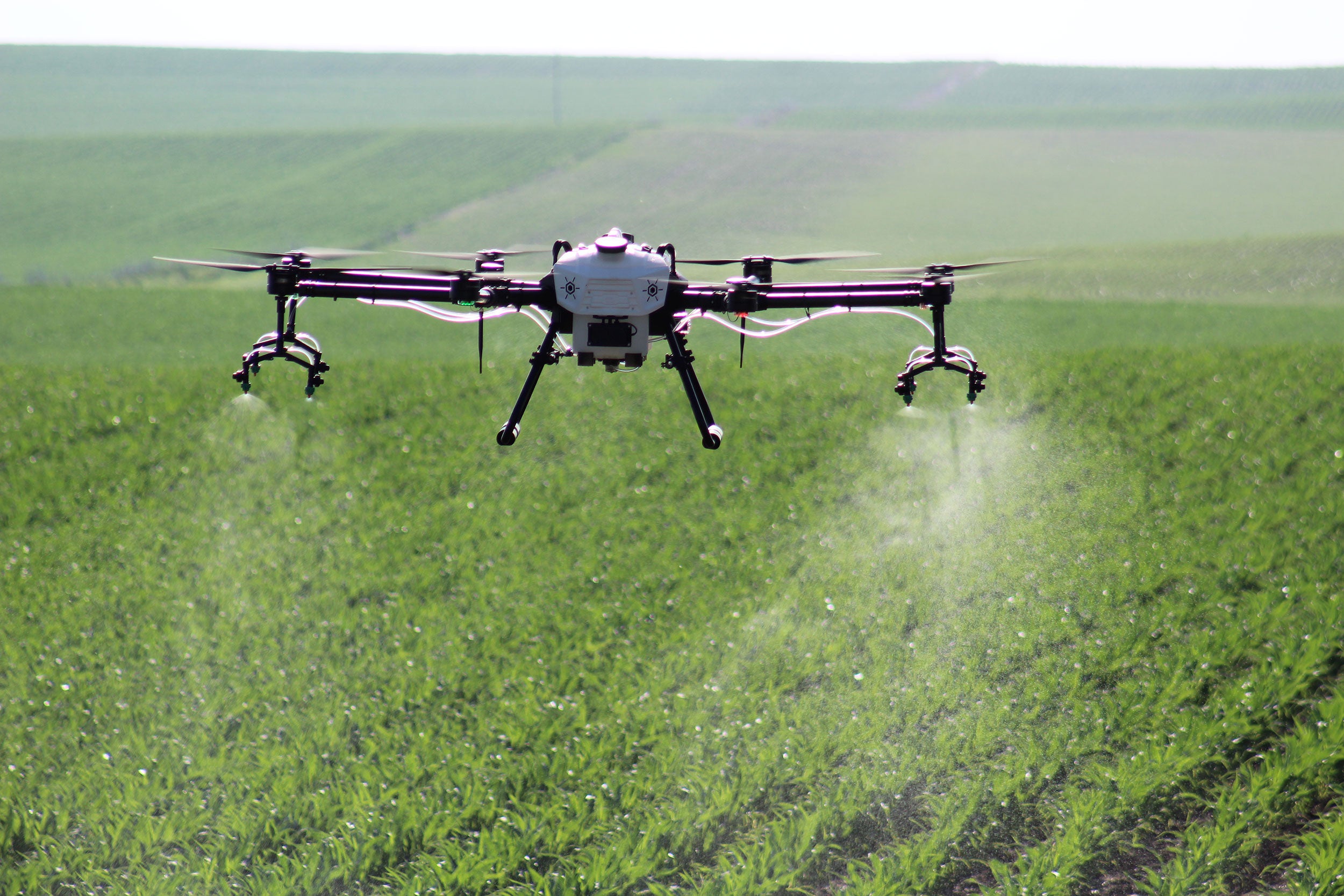

Regardless of how the policy plays out, Hermann is happy to see more companies entering the drone sector in the country.
“In any business, competition is great — especially in agriculture. It keeps people honest,” he said.
Erickson of Hylio echoed a similar sentiment, who also spoke in support of diversifying the sector.
“Plenty of other startups can still find their niche [in this sector] … so long as the curve of competition is flatter,” he said.
Liza Thuy Nguyen served as the 2023 American Farmland Trust Agriculture Communications Intern at AGDAILY. Liza is originally from Anaheim, California, and attended the University of California, Davis, as a first-generation college student. She received a bachelor’s degree in genetics and genomics and went on to earn a master’s in horticulture from Penn State.


:max_bytes(150000):strip_icc()/Jared-Strong-dry-soil2-04232ccb7f6b4e9cb0fcc2c0382d5358.jpeg)
:max_bytes(150000):strip_icc()/storm-1-10b68182a3584f0096888181821aed0c.jpg)


